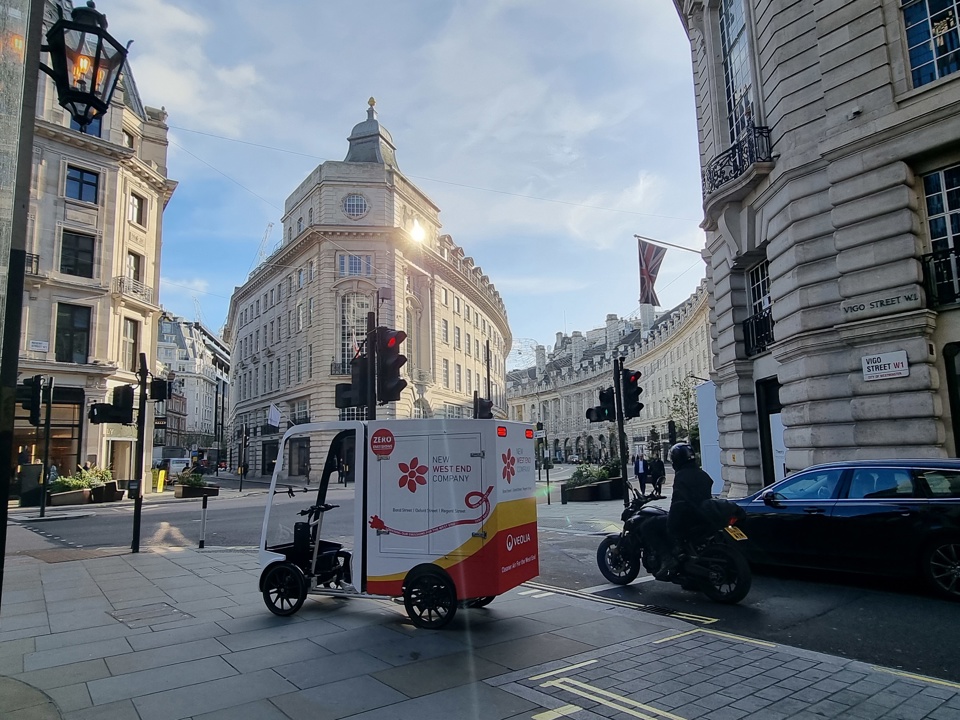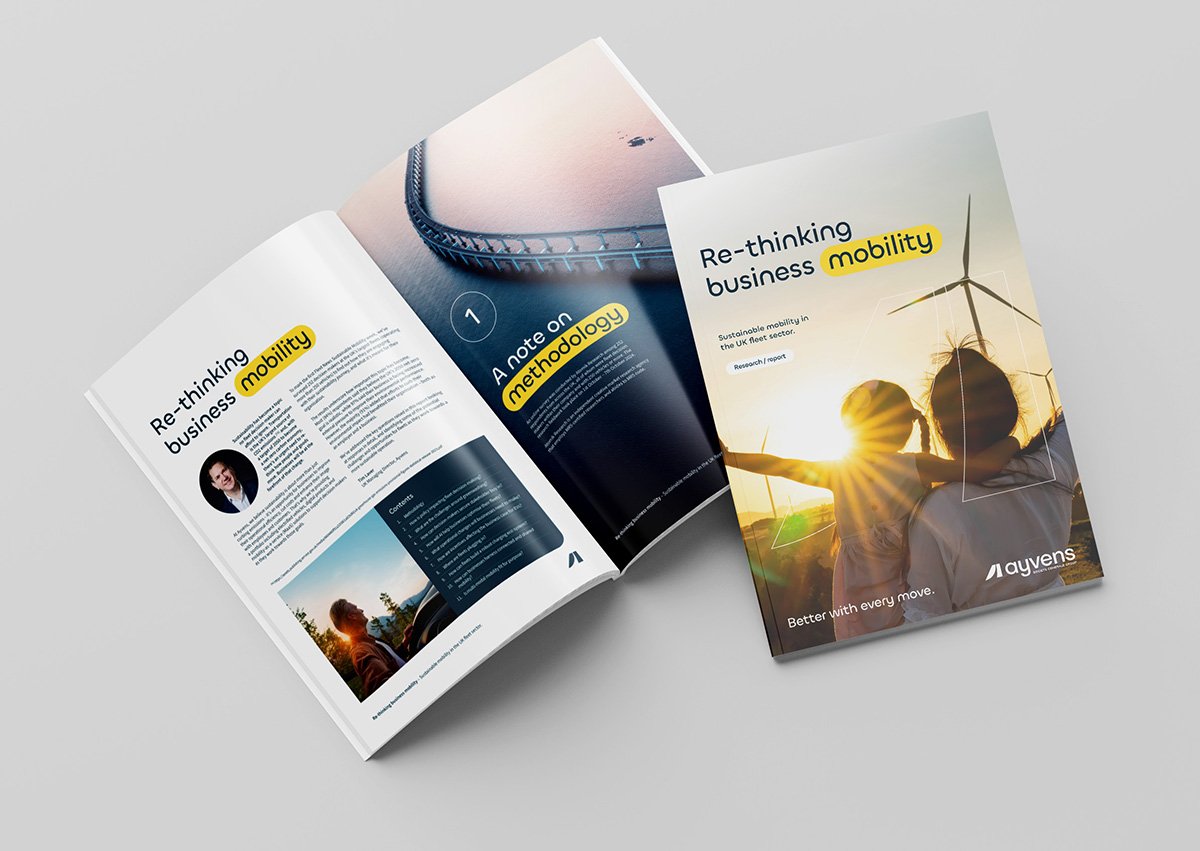The CO2 savings from introducing a zero-emission freight zone in central London – prioritising access for electric and pedal powered freight – have been identified in new research.
The report, commissioned by Clean Cities, claims the zero-emission zone would reduce CO2 emissions by 285,000 tonnes in 2030, in its first year, roughly equivalent to the total CO2 savings from the first four years of the ultra-low emission zone (ULEZ).
The findings were launched at an event hosted by Clean Cities with a panel including Seb Dance, deputy mayor for transport and deputy chair of Transport for London (TfL), alongside the Government Office for Zero Emission Vehicles (OZEV), Just Economics, Transport and Environment, and the Climate Group.
Oliver Lord, UK head of Clean Cities, said: “London’s renowned leadership on clean air and climate is at risk without a clear pathway to decarbonising freight.
“Outdated policy and an end to incentives such as the scrappage scheme and the Congestion Charge discount is sending a signal that polluting vans and trucks are welcome to dominate our roads.
“By prioritising electric and pedal powered freight, the mayor can help save our NHS millions of pounds and give businesses greater certainty to invest in climate-friendly fleets.”
The Clean Cities report claims that a zero-emission zone for freight vehicles in central London would save the NHS and healthcare services more than £50 million a year, equivalent to the salary of nearly 1,500 nurses.
Clean Cities suggests a pathway towards a zero-emission freight zone in London includes continuing the congestion charging exemption for electric freight vehicles, a targeted scrappage scheme for polluting diesel lorries and vans, better charging infrastructure and a national subsidy or loan scheme for SMEs to fund second-hand purchases of battery powered vans.
The latest research shows the capital is falling behind cities in the race to net zero, such as Amsterdam and Stockholm which will have zero emission freight zones operational from next year.
Lord continued: “As things stand, London is being leapfrogged by cities in Europe that are proving it is possible to deliver zero emission freight zones in partnership with the private sector.
“We want the Mayor to succeed in his commitment to deliver the world’s first electric-vehicle ready global city and that requires much stronger policies and incentives for zero emission freight.”
Clean Cities launched Clean Cargo Capital in August, a campaign focused on accelerating the uptake of electric or pedal-powered commercial vehicles in London.
The campaign recently wrote to the Mayor of London alongside over 40 businesses operating across the capital including the AA, Ocado and the Federation of Small Businesses calling for the EV congestion charge exemption to be extended for electric vans beyond 2025.
Transport and Environment (T&E) and Clean Cities have previously called for the UK to implement zero-emission zones in cities to tackle the climate crisis and drive the adoption of electric vans.
Currently, the proportion of electric vans currently sold in the UK is around half that in the Netherlands, where zero-emission freight zones are being introduced from next year.
Find out the fleet sector's biggest sustainable mobility challenges.






















Login to comment
Comments
No comments have been made yet.